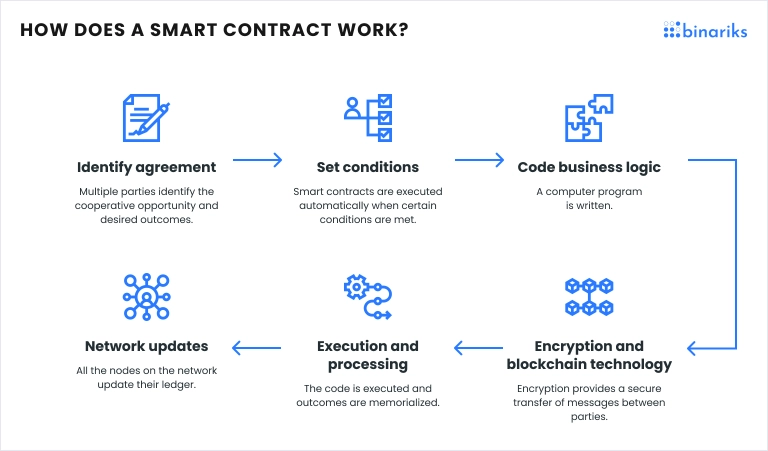
Secure Contracts: Harnessing Blockchain for Business Agreements
Blockchain technology is revolutionizing the way businesses handle contracts, offering unparalleled security, transparency, and efficiency. In this article, we’ll delve into the transformative impact of blockchain on business contracts and explore how this innovative technology is reshaping the landscape of contract management.
The Foundations of Blockchain Technology
At its core, blockchain is a decentralized and distributed ledger that records transactions across a network of computers. Each transaction, or block, is securely linked to the previous one, creating a chain of blocks. The decentralized nature of blockchain ensures that no single entity has control over the entire network, enhancing security and transparency.
Enhanced Security through Cryptography
Blockchain employs advanced cryptographic techniques to secure data and transactions. Each block contains a unique cryptographic hash, and any attempt to alter the information within a block would require altering all subsequent blocks, an almost impossible feat. This immutability makes blockchain a highly secure platform for managing sensitive data, such as the details contained in business contracts.
Smart Contracts: Self-Executing Agreements
A standout feature of blockchain for business contracts is the implementation of smart contracts. Smart contracts are self-executing agreements with predefined rules and conditions. Once these conditions are met, the contract automatically executes, eliminating the need for intermediaries. This not only accelerates the contract execution process but also reduces the risk of errors and disputes.
Transparency and Accountability
The decentralized nature of blockchain ensures transparency in contract management. All parties involved in a transaction have access to a shared, immutable ledger, providing a real-time view of the contract’s status. This transparency fosters accountability, as any changes or updates to the contract are visible to all relevant parties, reducing the potential for disputes and misunderstandings.
Efficiency in Contract Execution
Blockchain streamlines the contract execution process by removing the need for manual interventions and intermediaries. With smart contracts, once the predefined conditions are met, the contract is automatically executed, reducing the time and resources traditionally spent on contract management. This efficiency is particularly beneficial for businesses engaging in a high volume of transactions.
Decentralized Storage and Accessibility
Traditional contract management systems often rely on centralized databases, making them vulnerable to security breaches. In contrast, blockchain distributes data across a network of nodes, eliminating a single point of failure. This decentralized storage not only enhances security but also ensures that parties involved in the contract have access to the latest and most accurate information.
Immutable Record-Keeping for Audits
The immutability of blockchain records makes it an ideal solution for audit trails in contract management. Every change made to a contract is recorded in a transparent and unchangeable manner. This feature simplifies the auditing process, providing a clear and traceable history of all contract-related activities, which can be crucial for compliance and regulatory purposes.
Global Transactions and Cross-Border Contracts
Blockchain facilitates seamless global transactions and cross-border contracts. The decentralized nature of the technology eliminates the need for currency conversions and the involvement of multiple financial intermediaries. This not only reduces costs associated with international transactions but also accelerates the entire process, making it more efficient for businesses operating on a global scale.
Challenges and Considerations
While blockchain offers numerous advantages for business contracts, challenges exist. Issues related to scalability, regulatory frameworks, and standardization need to be addressed. As the technology continues to mature, industry-wide collaboration and evolving regulatory environments will play a crucial role in overcoming these challenges.
The Future Landscape of Contract Management
As blockchain technology continues to evolve, its impact on business contracts will likely become more pronounced. Integration with other emerging technologies, such as artificial intelligence, may further enhance the capabilities of blockchain in contract management. The future promises a landscape where secure, transparent, and automated contract management is the norm.
In conclusion, blockchain for business contracts represents a paradigm shift in contract management, offering enhanced security, transparency, and efficiency. To explore the transformative potential of blockchain in contract management, visit Blockchain for Business Contracts.
